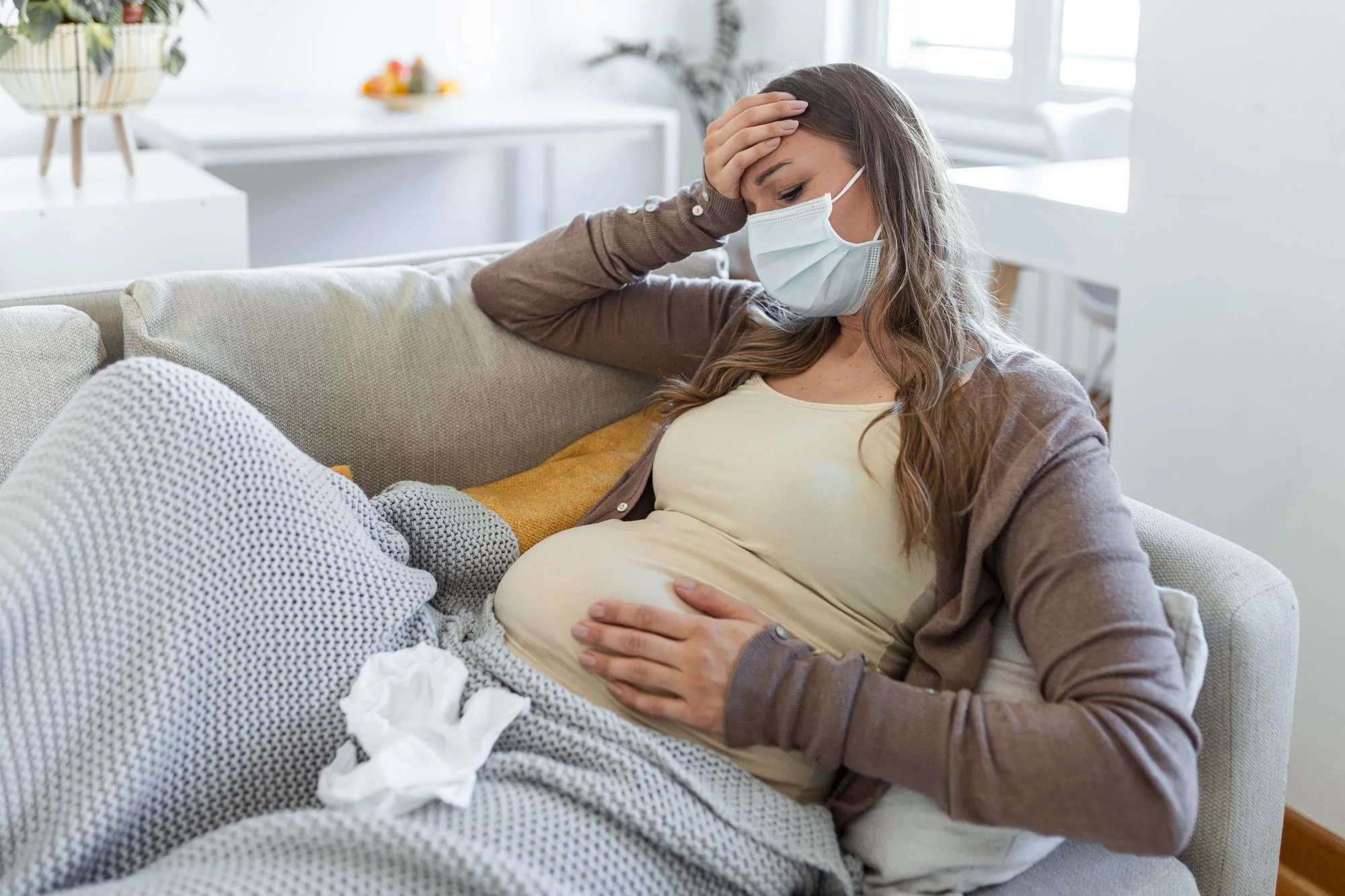Byline: Emily F. Cornish, Lotte E. van der Meeren, Marie-Louise P. van der Hoorn, Sam Schoenmakers, Alexandre J. Vivanti, Alexandra Benachi, Melissa Whitten, Stephanie Hignett, Thomas McDonnell, David J. Williams
Keywords
1. Placental COVID Infection
2. Stillbirth Recurrence
3. Chronic Histiocytic Intervillositis
4. Pregnancy Outcomes
5. COVID-19 Research
Introduction
In what can be considered an immensely reassuring piece of news for expectant mothers with a history of COVID-19 related complications, a recent study published in ‘The Journal of Infection’ suggests that stillbirths due to placental COVID infections associated with chronic histiocytic intervillositis are not likely to recur in subsequent pregnancies. The study, authored by a team of international experts, addresses the concerns and fear that looms over mothers who have previously undergone the heart-wrenching experience of a stillbirth related to COVID-19.
The Study and Its Findings
Citing the official source, ‘The Journal of Infection,’ researchers led by Emily F. Cornish from the Elizabeth Garrett Anderson Institute for Women’s Health at University College London and her colleagues detailed their analysis in a paper published on January 11, 2024, with the DOI: 10.1016/j.jinf.2024.01.001.
The groundbreaking study involved a detailed investigation into the recurrence of stillbirths caused by placental infections from COVID-19 and the specific involvement of chronic histiocytic intervillositis—a condition in which there is a build-up of histiocytes, a type of immune cell, in the placental intervillous space.
Against the earlier bleak prognoses that such complications would be recurrent, the researchers have illuminated a significantly hopeful path, asserting that the risk of recurrence in subsequent pregnancies is minimal. While chronic histiocytic intervillositis has been associated with a high risk of recurrent stillbirths, this research found that the association did not seem to be the case when the condition was related to COVID-19.
Methodology of the Study
Without delving into personally identifiable and sensitive patient data, the researchers compiled and analyzed the pregnancy outcomes of mothers who experienced stillbirths due to placental COVID-19 infection. An interdisciplinary team, including pathologists, obstetrics and gynecology experts, and patient advocates, came together to sift through the data, detailed case histories, and follow-up reports to draw concise conclusions on the recurrence risks.
Patient Advocate Involvement
Stephanie Hignett, a patient advocate and founder of the COVID-19 and Pregnancy Baby Loss Support Forum served an essential role in the study, ensuring the perspectives and emotional contexts of the women who suffered from COVID-related pregnancy losses were given due regard. This inclusion of patient-centred research is particularly commendable, as it adds a layer of holistic understanding to the scientific findings.
Implications for Future Pregnancies
Dr. Marie-Louise P. van der Hoorn from the Department of Obstetrics and Gynecology at Leiden University Medical Center emphasized, “The psychological impact of a stillbirth is profound. The findings of our study provide a sense of relief for families planning future pregnancies.”
These findings are a beacon of solace for those contemplating the safety of future pregnancies post a COVID-related stillbirth. Alexandre J. Vivanti of the Paris Saclay University Hospitals highlighted, “One of the unique anxieties for mothers during this pandemic was the uncertainty of the implications of COVID-19 on their unborn children. Now, they can look forward to subsequent pregnancies with less fear.”
Future Research and Limitations
Even with such positive news, the authors make it clear that the study is but a step towards fully understanding the broader scale implications of COVID-19 on maternal and fetal health. Dr. Thomas McDonnell from the Department of Inflammation at University College London points out the necessity for ongoing research to build upon these findings and to explore the long-term outcomes for both infant and maternal health.
Moreover, the researchers acknowledge the limitations of their study; further multi-center, large-scale studies are required to definitively validate the lower risk of recurrence of such complications.
Conclusion
As the global community continues to grapple with the COVID-19 pandemic, research such as this shines as a testament to the resilience of the human spirit and the unrelenting quest for medical understanding and advancements. The collaborative efforts of the researchers and clinicians across different institutions also echo the importance of international cooperation in an era characterized by global health challenges.
References
1. Cornish, E. F., van der Meeren, L. E., van der Hoorn, M. L. P., Schoenmakers, S., Vivanti, A. J., … & Williams, D. J. (2024). Stillbirths due to placental COVID infection associated with chronic histiocytic intervillositis do not recur in subsequent pregnancies. The Journal of Infection, S0163-4453(24)00020-3. [DOI: 10.1016/j.jinf.2024.01.001](https://www.sciencedirect.com/science/article/pii/S0163445324000203)
This article provides the original research on which the present news article is based.
2. Vivanti, A. J., & Benachi, A. (2024). Implications of COVID-19 in pregnancy: early observations and future directions. Groupe de Recherche sur les Infections pendant la Grossesse (GRIG).
A publication that discusses the impact of COVID-19 on pregnancy, offering context for the current research.
3. Schoenmakers, S., & van der Meeren, L. E. (2024). Chronic Histiocytic Intervillositis: Pathophysiology and Clinical Perspectives. Current Research in Obstetrics and Gynecology.
This source elaborates on the condition of chronic histiocytic intervillositis and its clinical implications.
4. Whitten, M., & Williams, D. J. (2023). The COVID-19 Pandemic and Its Effects on Maternal Mental Health: A Review. Elizabeth Garrett Anderson Institute for Women’s Health.
This review examines the psychological impact of the COVID-19 pandemic on maternal mental health.
5. Hignett, S., & McDonnell, T. (2023). Giving Voice to the Voiceless: Addressing the Needs of Women Who Have Experienced Pregnancy Loss During the COVID-19 Pandemic. COVID-19 and Pregnancy Baby Loss Support Forum.
A contribution by patient advocate Stephanie Hignett and Dr. Thomas McDonnell addressing the support needed for women who have faced pregnancy loss during the pandemic.
The dissemination of these findings marks a significant step forward in a domain marred by uncertainty and underscores the tenacity of scientific inquisition amid crisis. As the world eagerly follows the trajectory of COVID-19 and its numerous implications, research such as this provides vital insights and, perhaps more importantly, hope for a brighter, healthier future for all who are affected.
